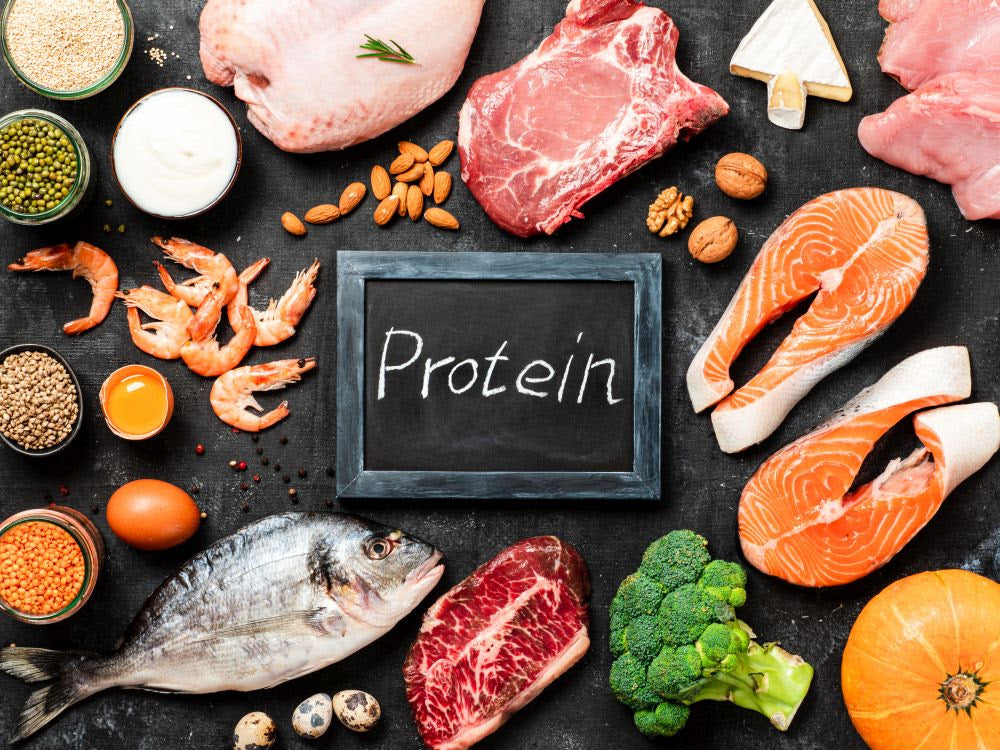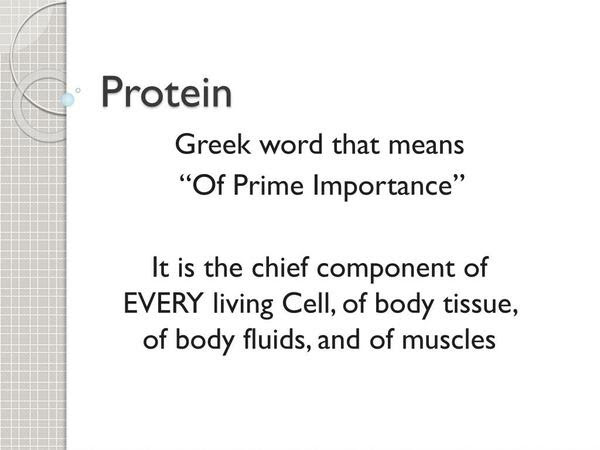
Protein Hunger Drives Cravings
Protein Hunger
A year-long Australian study published in the Journal of Obesity suggests that the high consumption of highly processed foods such as pizza, deli sandwiches, nutrition bars, and chips, may be a major contributor to the high rates of obesity in the Western world.
The study found that the preference for convenience foods over a diet rich in protein is linked to an increased risk of being overweight and obese, which in turn increases the risk of chronic diseases.
According to the lead author, Amanda Grech, PhD, a postdoctoral research fellow at the Charles Perkins Centre in Sydney, "As people consume more junk foods or highly processed and refined foods, they dilute their dietary proteinand increase their risk of being overweight and obese."

People Who Ate Less Protein in Their First Meal Snacked More Throughout the Day
A study has found that people who consume less protein in their first meal tend to snack more throughout the day.
The study participants who had a lower proportion of protein in their first meal consumed more snacks high in saturated fats, sugars, salt, or alcohol, and less of the recommended five food groups (grains, vegetables and legumes, fruit, dairy, and meats) at mealtime.
According to Dr. Raubenheimer, "It’s increasingly clear that our bodies eat to satisfy a protein target."
He also said that the problem is that the amount of protein in Western diets is decreasing, so people have to consume more food to reach their proteintarget, which effectively elevates their daily energy intake.
The findings of the study support the central role of protein in the obesity epidemic and highlight the need to address diet in order to bring obesity, diabetes, and cardiovascular disease under control.

People Who Ate Less Protein in Their First Meal Snacked More Throughout the Day
A study has found that people who consume less protein in their first meal tend to snack more throughout the day.
The study participants who had a lower proportion of protein in their first meal consumed more snacks high in saturated fats, sugars, salt, or alcohol, and less of the recommended five food groups (grains, vegetables and legumes, fruit, dairy, and meats) at mealtime.
According to Dr. Raubenheimer, "It’s increasingly clear that our bodies eat to satisfy a protein target."
He also said that the problem is that the amount of protein in Western diets is decreasing, so people have to consume more food to reach their protein target, which effectively elevates their daily energy intake.

Diets Higher in Protein May Leave People Feeling Less Hungry
Dr. Fatima Cody Stanford, MD, MPH, an associate professor of medicine and pediatrics at Harvard Medical School and an obesity medicine physician-scientist at Massachusetts General Hospital Weight Center in Boston notes that on average, higher protein diets tend to lead to greater feelings of fullness, which can result in less overall food consumption.
STRENGTH GENESIS 100% PUR ZEALANDER GRASS-FED WHEY PROTEIN
- Highest quality natural ingredients
- Sourced from New Zealand cows that graze on all-natural, pesticide-free farmlands within a country that upholds the strictest quality controls
- Free from growth hormone and antibiotics
-
Contains more Omega-3 healthy fats
